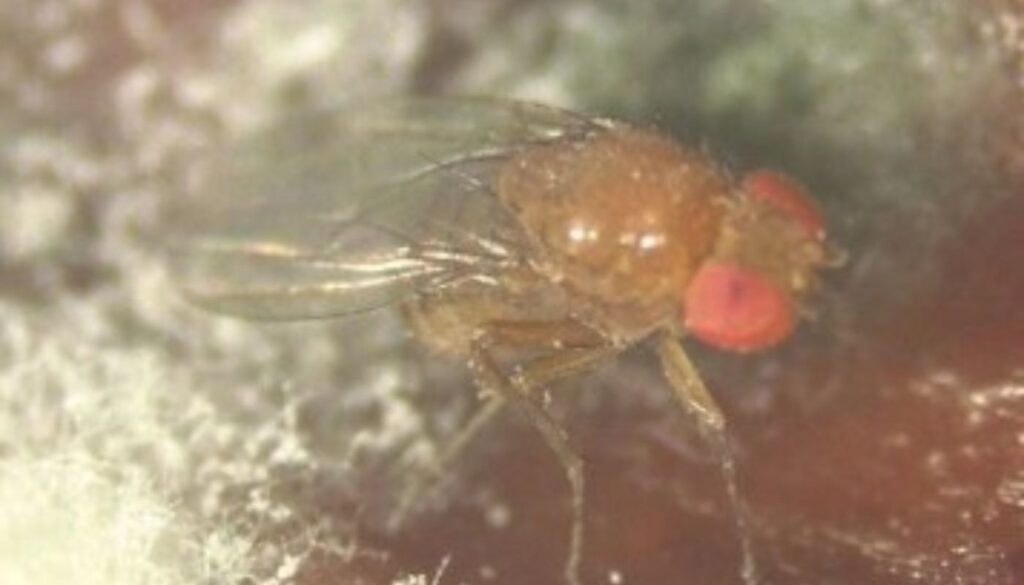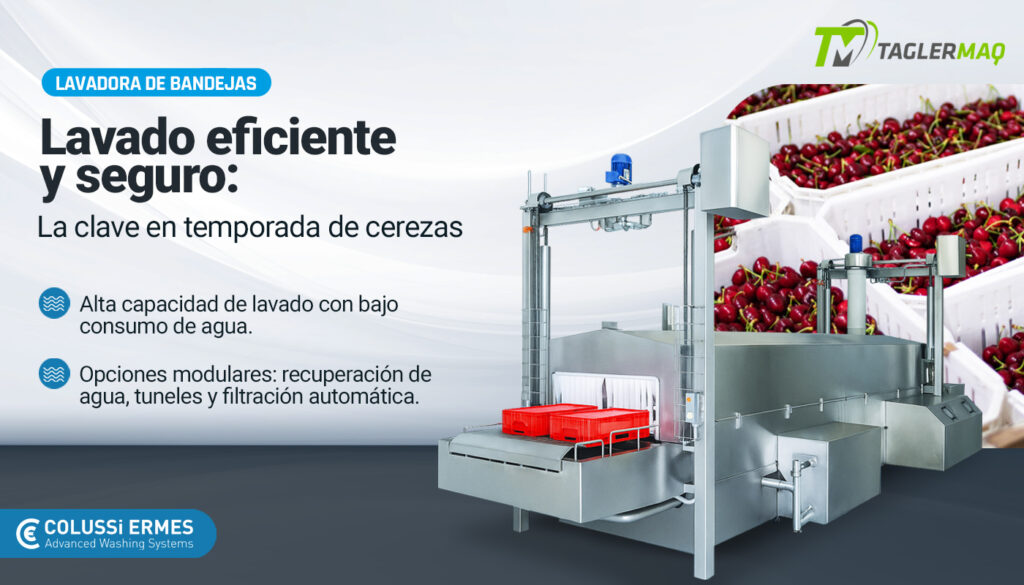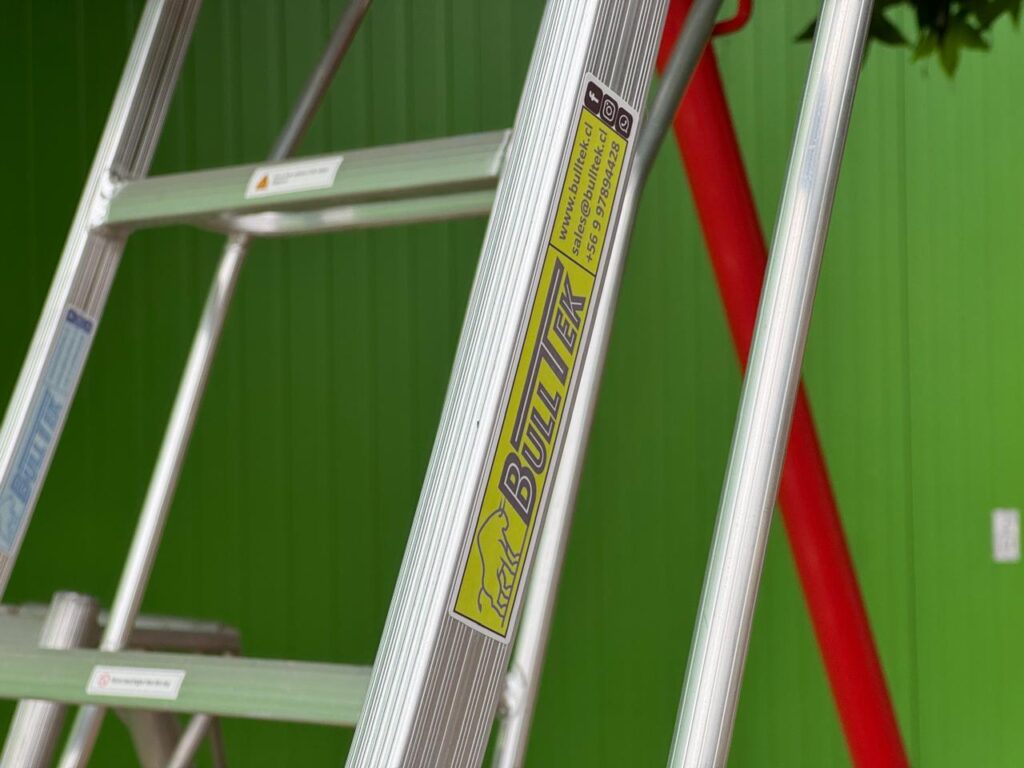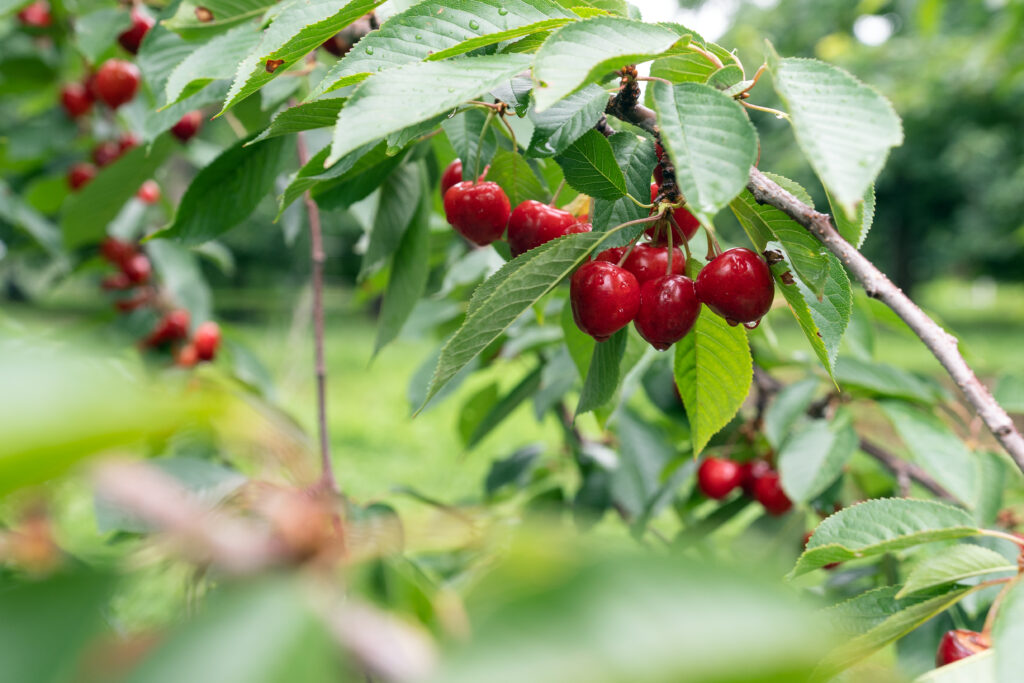The use of treated wastewater for agricultural irrigation is becoming an increasingly common and necessary practice in modern agriculture. This sustainable approach not only helps reduce pressure on water resources, but also contributes to greater efficiency in the use of water, an increasingly scarce resource.
This article from our supplier Agriplastics Community explores the benefits, challenges and technical considerations that farmers need to take into account to implement this practice safely and effectively.
To develop this topic, Agriplastics Community has the opinion of two experts in the area, Javier Tuñón Valladares, technical director of Levante Hellín Irrigation Group and Mauro Quintero Rodríguez, product manager of the Sotrafa Geosynthetics Division, who also explain the Details of a project developed in Castilla La Mancha, Spain, where a serious deficit of more than 1.5M m3/year of irrigation water in the area was alleviated.
This article analyses the environmental impact of wastewater reuse, highlighting how this practice can improve soil quality and promote more resilient agriculture in the face of climate change. It also addresses potential risks and the safety measures needed to ensure that the use of treated water does not affect human or crop health.
If you are interested in learning more about how wastewater reuse can transform the future of sustainable agriculture, we invite you to read the full article here: https://agriplasticscommunity.com/es/reutilizacion-aguas-residuales-como-agua-de-riego-en-agricultura/










